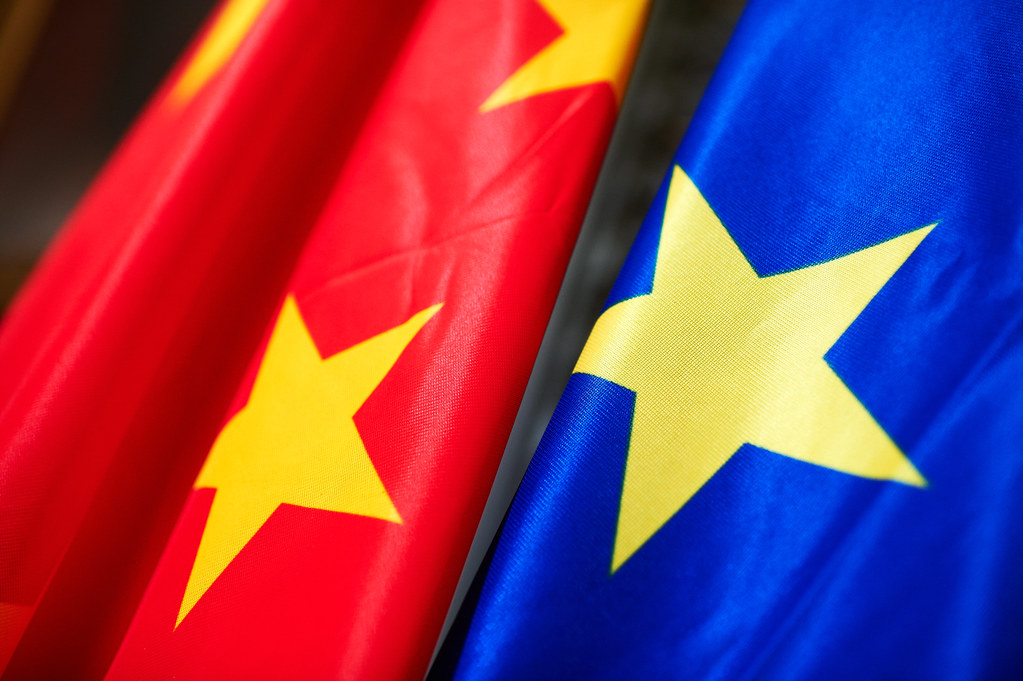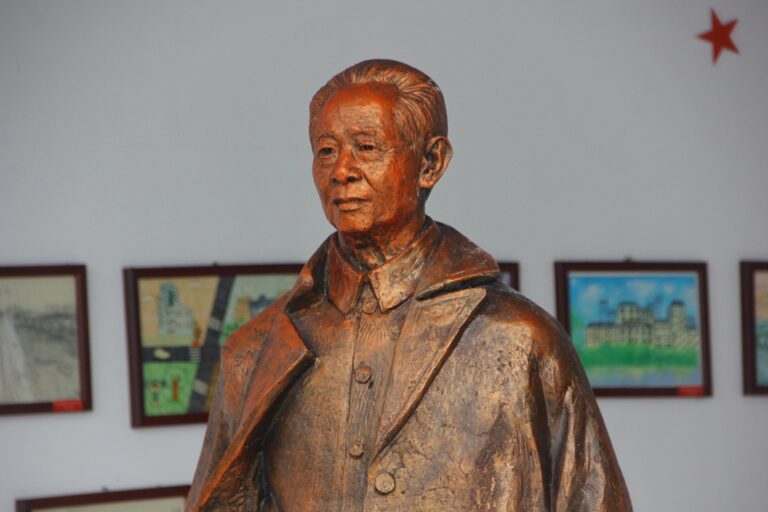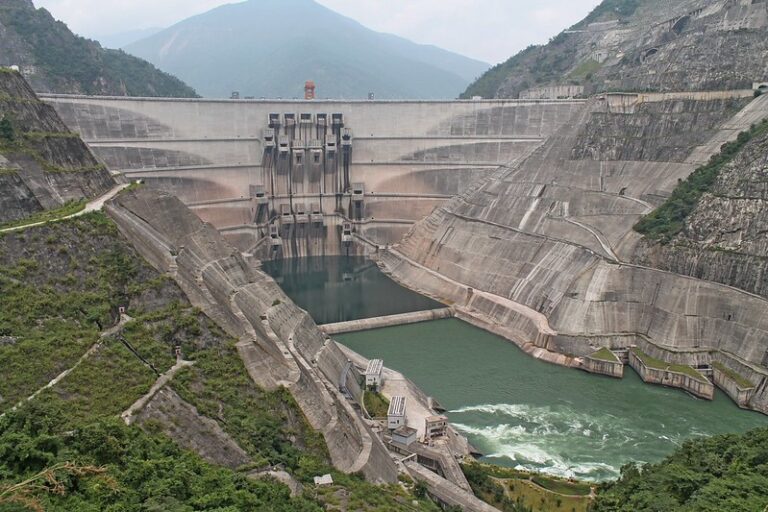
The EU is facing a reckoning over its relations with China. Recently, Brussels faced a barrage of criticism for acceding to China’s pressure. The first case was acquiescence to the pressure by Chinese diplomats to water down a disinformation report by the EEAS. Shortly after, the EU ambassador to China allowed Chinese MFA to censor the article of 27 ambassadors on the occasion of the 45th anniversary of the establishment of EU-China diplomatic relations. EEAS admitted that it should have been considered as a mistake but claimed that the EU ambassador in Beijing continued to have the service`s full confidence. The complicated relations with the U.S. and the economic dependencies on China create further headaches for the EU.
A Crucial Year Undone
Yet, 2020 of EU-China relations was originally planned in a different fashion. In 2019, the China-EU relations were already seriously affected after the e. g. establishment of EU investment screening mechanism, the publication of European Commission Strategic Outlook (where China was named a “systemic rival”), changes in the leadership of the EU, and, last but not least, the US-China strategic rivalry.
In 2020, the effects of these changes on the China-EU relationship were to be fully on display at successive EU-China summits. At the beginning, the EU-China summit–a meeting of presidents of the European Commission and European Council with Chinese PM. Afterwards, the “17+1” (with 12 participants being EU member states) summit with chairman Xi Jinping first time as a host. Finally, the year of summitry was to be concluded by the extraordinary meeting of “China+27” in Leipzig on the occasion of Xi Jinping`s visit to Germany. It was supposed to be part of Germany`s agenda under its EU presidency but also a political opportunity to strengthen the image of a united EU in relations with China under the informal leadership of Germany. However, COVID-19 changed all the schedules.
The EU-China summit will probably just happen online in June due to the changing realities of EU-China relations and other important issues on the agenda of European leaders. The “17+1” meeting will also be organized later during the year. The “China+27” summit was originally scheduled for September so there is a low possibility it will happen without any delays.
Different Attitudes
COVID-19 changed not only the agenda of the German presidency but also highlighted the conflicting elements in EU-China relations. The “mask diplomacy” combined with a “wolf-warrior” public diplomacy and disinformation about the origin of the virus reinforced the views that China is more of a threat rather than an opportunity for the EU. This only added to the “pre-COVID” concerns in the EU related to economic, security and normative challenges coming from China.
Throughout the pandemic, countries like Holland, Spain, and others had to deal with defective Chinese medical equipment, Sweden closed its last Confucius Institutes and politicians in several member states expressed their support for accepting Taiwan`s observer status in the WHO`s World Health Assembly. China`s inaction and apparent cover-up during the initial period of the outbreak of COVID-19 have put a dent on China’s image in many EU states, even those “pro-China”, like Greece. But at the same time, societies in several countries, including Italy do express a more positive attitude towards China than before. Perceptions of China among the EU states will thus continue to diverge.
The EU has never stopped being challenged by the same-old difficulties in relations with China. The substantial divisions of interests on trade and investment policies among EU member states influence the decision making process and unity-based EU China policy. The growing dissatisfaction with China`s policies is now exacerbated by the calls to secure national economies due to the impact of the pandemic.
Germany is the most important example, mostly because a large part of its economy is based on exchanges with China. It has supported the “systemic rivalry” with China but is now afraid of repercussions it may cause–especially in limiting the global trade and decoupling of China from the world and of the EU from China. The symbolic case of lifting the quarantine regulations for some of the German employers from China in order to let them come back to work shows that many in Germany still hope for business-as-usual. There also worries about the negative effect that recent lockdown and disruption in the value chains will have on its economy. Nevertheless, the EU should persuade Germany not to create a situation where China gets to use such a precedent in order to pressure the EU.
However, the overall plans in the EU are to become more protective, restrict market access, and provide EU member states with tools to better secure their economies from China`s negative influence. Such initiatives are included in the recent EU`s COVID-19 recovery plan, as well as the German-Franco statement from May 18 which underlined the need for diversification of supply chains. However, the ongoing negotiations on EU-China Comprehensive Agreement on Investment (CAI), originally supposed to be signed in 2020, are described by EU officials in positive tones. There are three important topics currently on the table: subsidies to state-owned enterprises, access to the Chinese market, and environmental issues. Nevertheless, the agreement is less likely to be finalized this year due to the malaise of the Chinese economy and Beijing’s lack of political will to open more and reciprocate more in response to EU`s expectations. The pressure on the Union to close the deal is also less likely due to the recent trends of reducing the involvement of within the Chinese value chains. Last but not least, China also needs its capital for investment in the internal market.
The US Factor
The EU has been constantly challenged with finding the appropriate answer to the ongoing US-China rivalry. It is trapped in a dilemma: how to balance crucial security and normative cooperation with U.S. and e.g. economic and climate cooperation with China. U.S. apparent resignation upon multilateralism coupled with China’s professed, but often insincere, support for multilateral solutions is only making the dilemma more difficult. The lack of a simple political answer, and the U.S`s constant undermining of the basics of transatlantic cooperation with the EU, requires Europe to maneuver between both sides.
Yet, when all is said and done, the dilemma of “choosing a better partner” is false. The normative and security aspects should prioritize transatlantic cooperation. And recent COVID-19 crisis again proved that economic benefit cannot be leveraged over security and values which are the basis of current international order which profits both the EU and the U.S.
China’s Mixed Response
There is a visible dichotomy in China`s reactions. The examples of disinformation attempts together with offensive diplomacy still dominate. However the Chinese experts’ community presents a slightly different (positive) attitude towards EU-China relations. Chinese experts portray the EU‘s reaction to COVID-19 as well-suited and well-informed. The overall opinion in the experts’ community, contrary to the anti-US narrative, is that the EU handled the crisis well. However in the post-COVID era, China must adapt to uphold market principles, overcome restrictions, achieve higher competitiveness, and use market principles to realize better cooperation with the EU. Other Chinese experts also believe that the crisis exposed structural deficiencies in the EU’s governance system, but it will not disintegrate. They emphasize the need not only to work with member states but also to cooperate with the EU institutions. China notices the influence member states have over the EEAS and the disorientation it causes over EU`s China policy.
Moreover, some also believe that China needs to stabilize its rivalry with the U.S. through positive relations with the EU. This was indicated also by recent Wang Yi`s statements during the National People`s Congress in Beijing on the U.S. politicizing the origins of the virus. In this respect, the more level-headed among Chinese experts argue that aggressive diplomacy may not serve Chinese purposes well. Yet, it remains to be seen if a more rational approach prevails in the end.
Towards a More Robust EU Policy on China?
The recent op-ed by HR/VP Joseph Borrell underlined the EU`s attitude towards relations with China based on respect but also demands. According to Borrell, relations with China should not be focused on one perspective and follow the principles of ‘trust, transparency, and reciprocity”. Borrell also emphasizes the change “from an essentially bilateral relationship focused on economic cooperation [to a] global relationship where deep cooperation coexists with elements of sometimes open competition”. During his meeting with German diplomats on May 25 he said “a more robust strategy” towards China is needed.
Borrell underlines the aspect of “cooperation”, but (according to the author) the HR/VP follows not so much the logic of “engagement” (which Borrell believes will fail to achieve EU`s interests) as a strategy which can be called “sensible containment”. And considering the economic consequences of COVID-19 (more protectionism on EU`s side) combined with the possibility of China`s decoupling from the global economy, due to the ideological rivalry with U.S. and problems with its own economy, the logic of “sensible containment” seems credible. Now, if China does not open, lift barriers or illegal practices, the EU may introduce China-like barriers. But such also requires a more determined stand on issues like Hong Kong, possible during the EU`s Foreign Ministers meeting on May 29 and coming from the European Parliament.
There also now reservations about the planned 27+1 meeting in Leipzig under the German presidency. One is the epidemic situation considering the possible second wave of the pandemic which is still a big unknown in Europe (and might already be starting in China). Moreover, the economic crisis in Europe obviously modified German`s priorities within its EU presidency. China`s controversial “mask diplomacy”, disinformation towards the EU, and the most recent decision to start the implementation of national security law in Hong Kong also influence Germany`s decision to recalculate plans for organizing the summit and not include it in the agenda of the presidency.
There are also worries that the summit could also serve as international legitimization for Xi Jinping and Chinese policies. The eventual deal in Leipzig–which is, however, unlikely to happen–on issues like global health, green economy, as well as even signing of the CAI, will not make the EU (and Germany) credible especially if it does not stand up to China on issues like Hong Kong or 5G.
China, on the other hand, will certainly signalize its will to enhance relations, through e. g. limited opening of the market, but will not be able to seriously deliver the substantial changes which remain the cornerstone of EU`s demands. Therefore, the EU will have to finally step up its game if it wants to build up its credibility as a geopolitical player.
Written by
Marcin Przychodniak
Molos123Marcin Przychodniak is an Analyst at Asia-Pacific program at the Polish Institute of International Affairs (PISM), focusing on Chinese politics and a former diplomat in Beijing.


